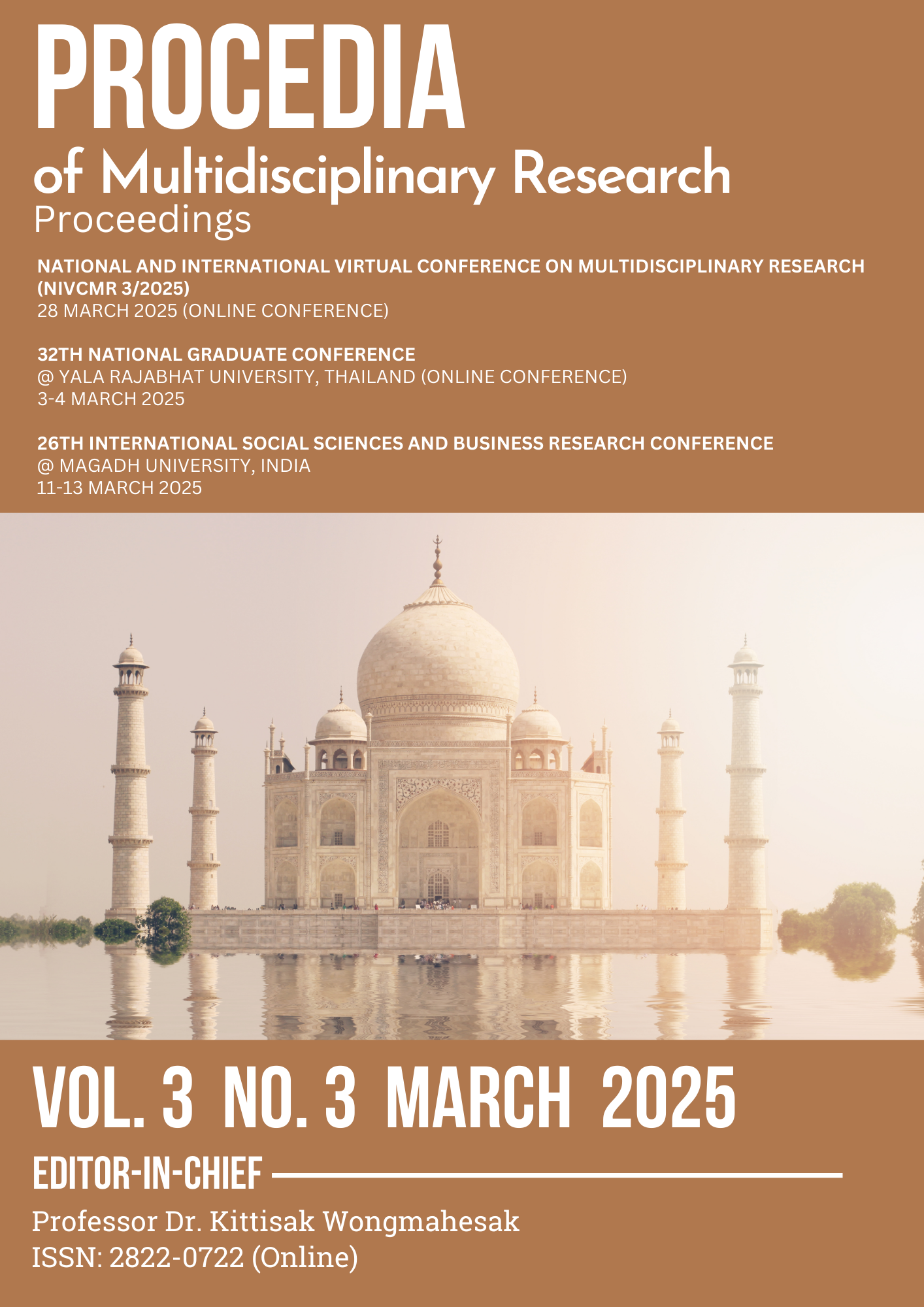FACTORS AFFECTING THE EDUCATIONAL PATHWAYS OF THAI STUDENTS: A CASE STUDY OF THE GENERAL EDUCATION DEVELOPMENT (GED) TEST
Abstract
This article explores how Bourdieu’s concept of capital affects Thai students’ success in the General Educational Development (GED) program. It examines the influence of economic, cultural, social, and symbolic capital on educational opportunities and social mobility. The test was originally developed in the United States to expand educational access for marginalized groups. However, in Thailand, the GED test is often seen as a quicker alternative to conventional schooling, with students using various forms of capital to navigate pathways toward higher education. Interviews with 14 participants, including students, tutors, and parents, reveal how these forms of capital shape academic choices and outcomes. Cultural capital enhances self-directed learning and English proficiency, while economic capital enables access to preparation materials and private tutoring. Social capital provides motivation and guidance through support networks, and symbolic capital legitimizes the GED as a credible educational pathway. However, disparities in access to these resources deepen educational inequalities, leaving advantaged students better positioned for success. The study calls for equitable policies to address resource gaps and expand GED access for disadvantaged students. Further research is needed to evaluate the GED’s long-term impact on students’ educational and career trajectories, especially regarding social mobility and equity.
Downloads
Published
Issue
Section
License

This work is licensed under a Creative Commons Attribution-NonCommercial-NoDerivatives 4.0 International License.







.png)


